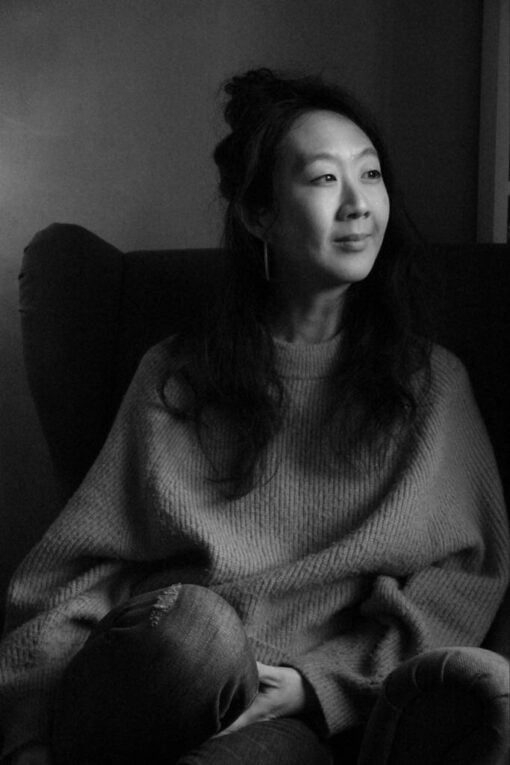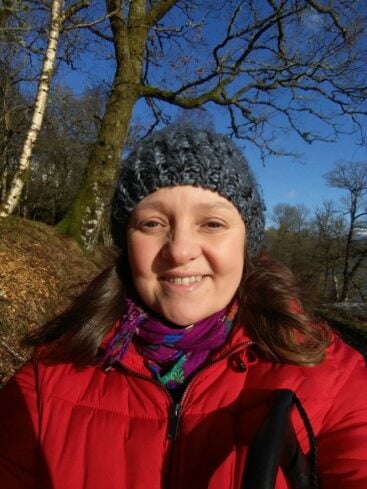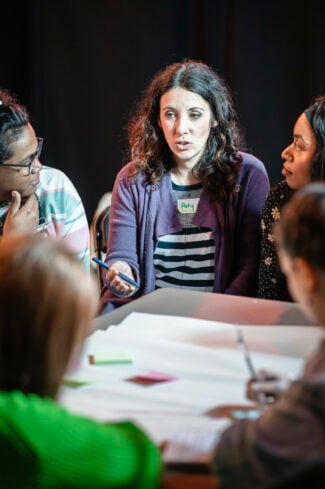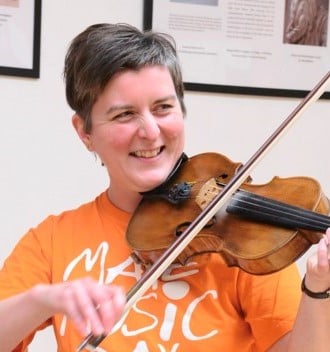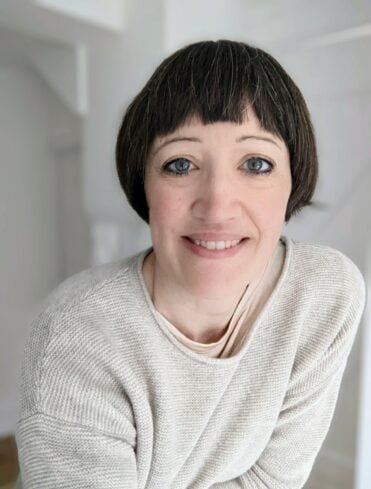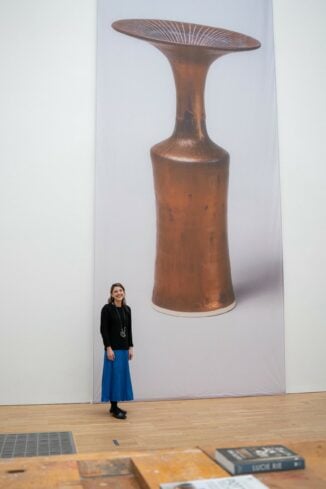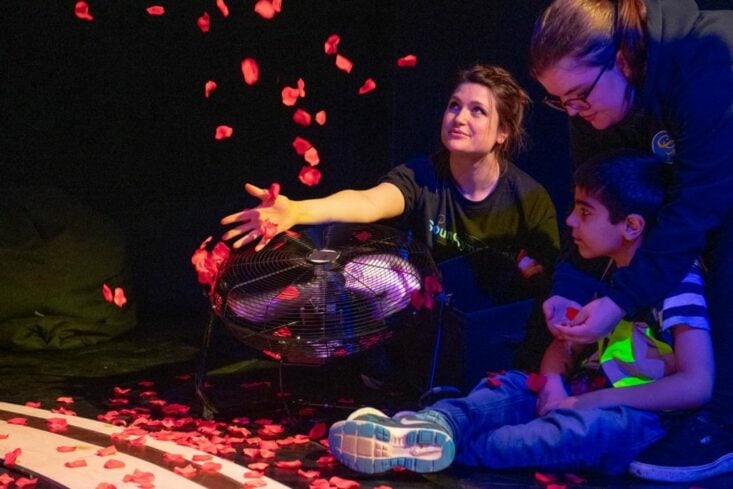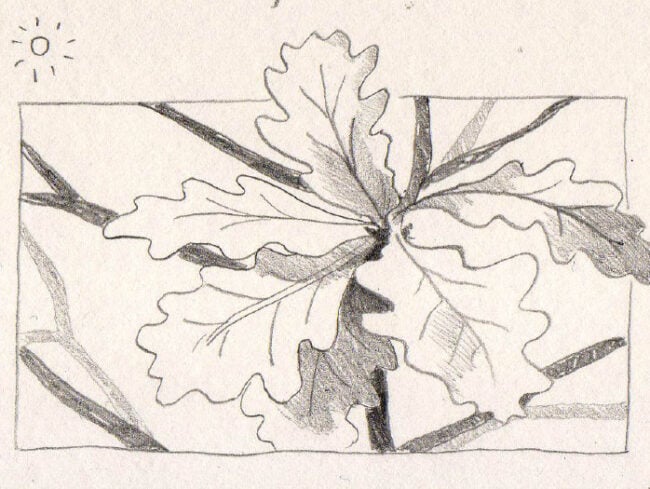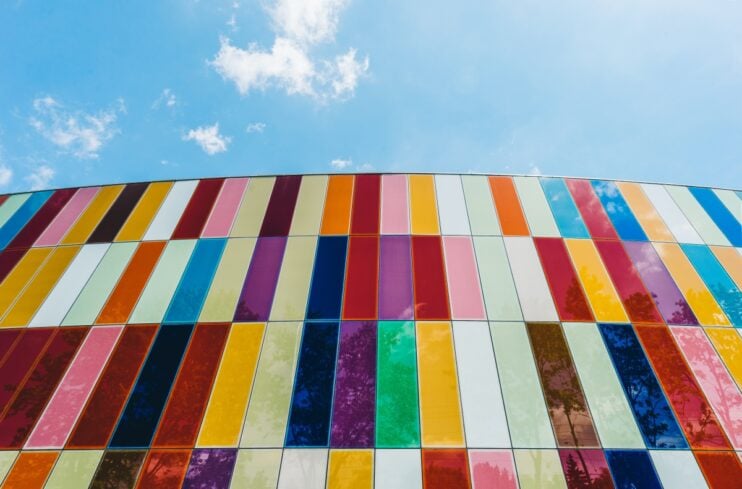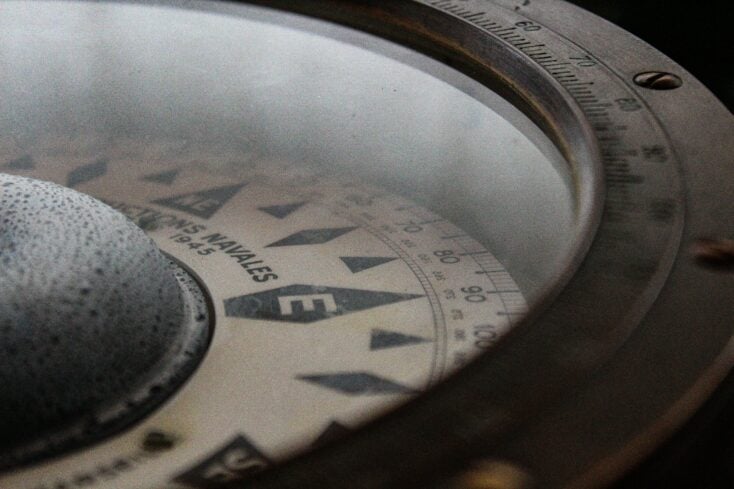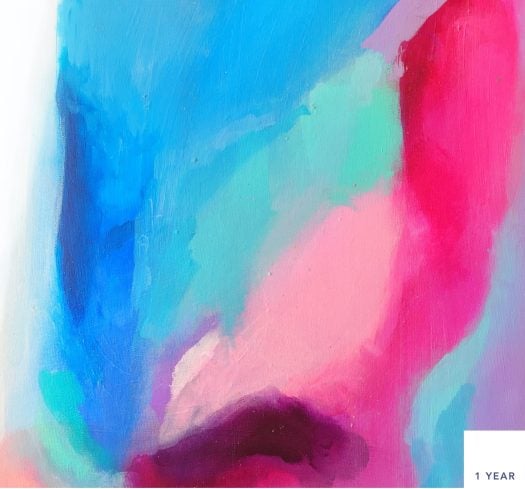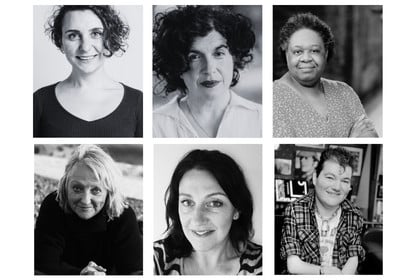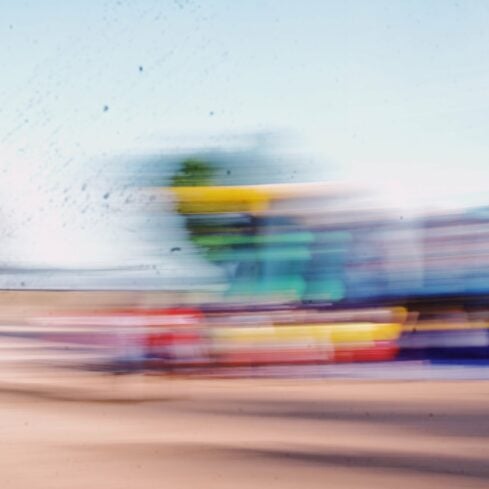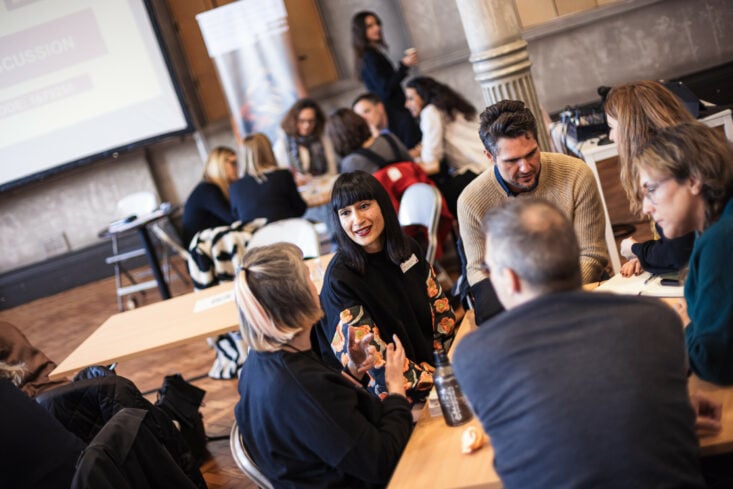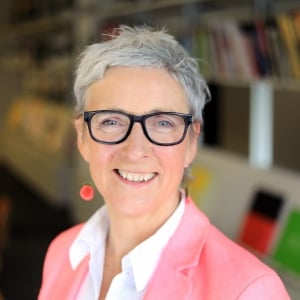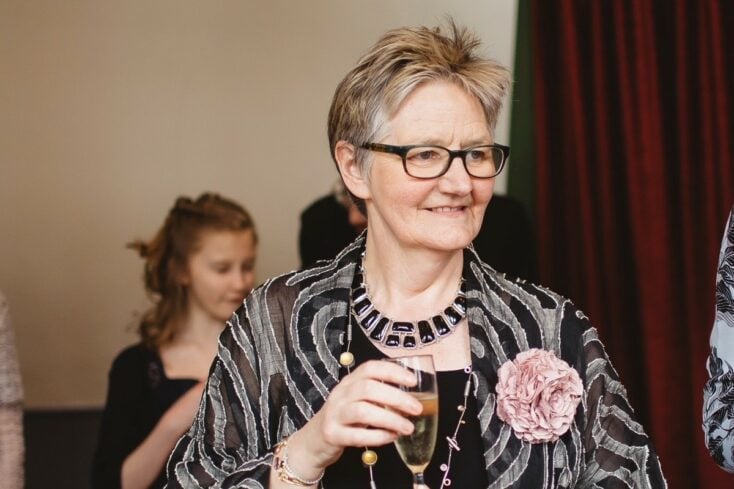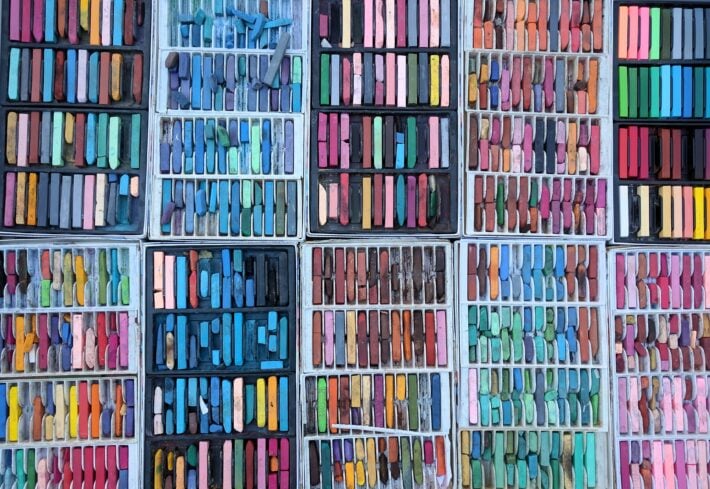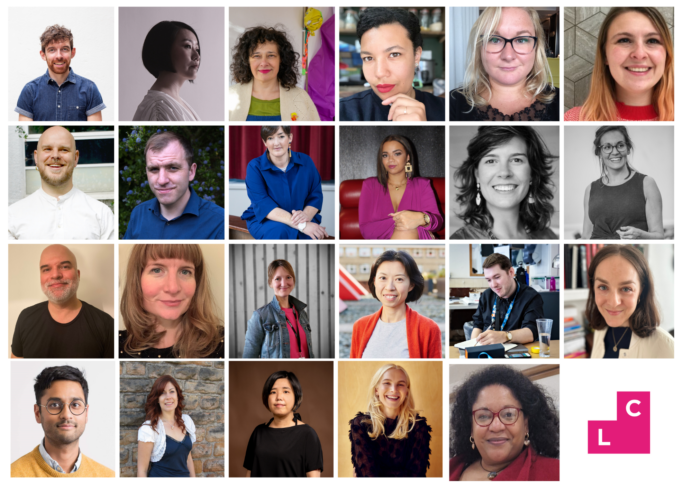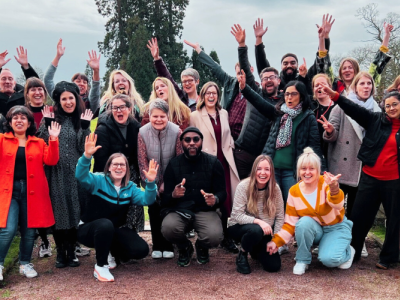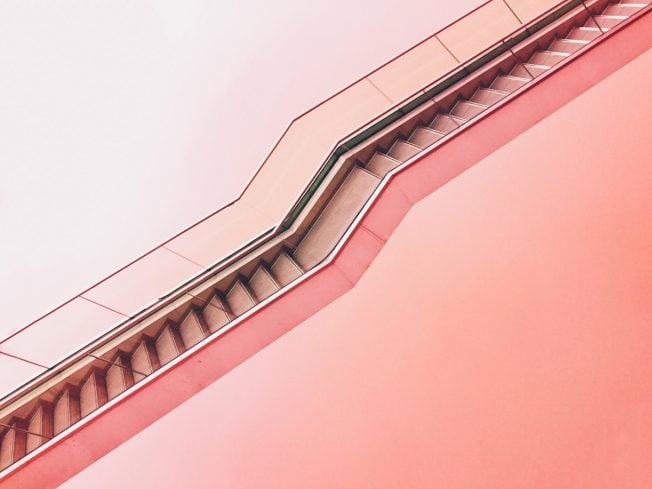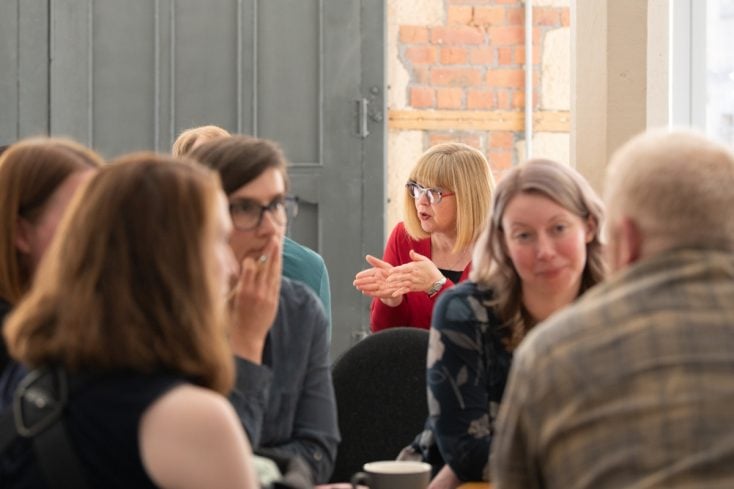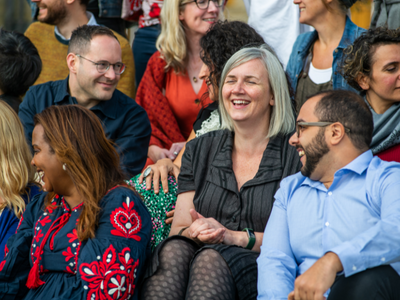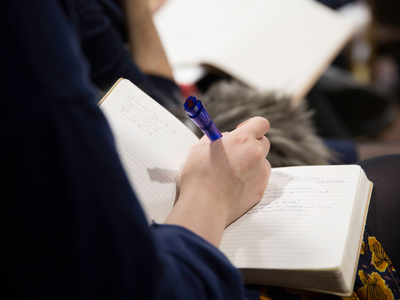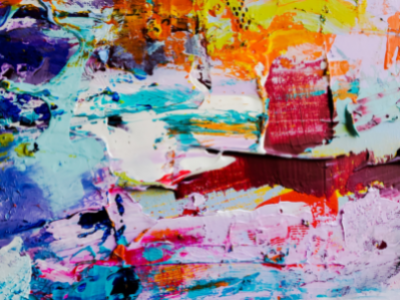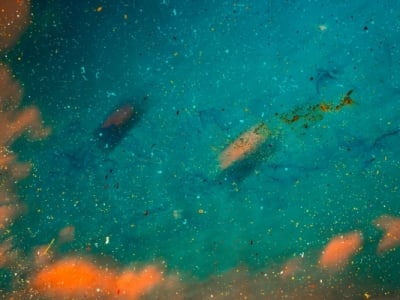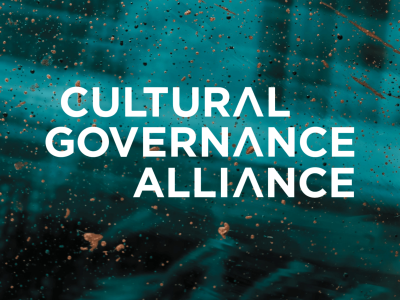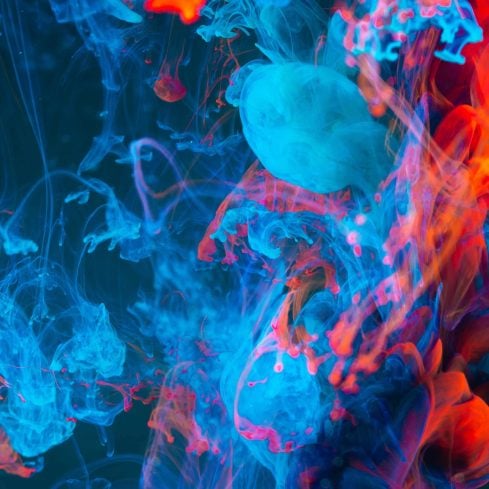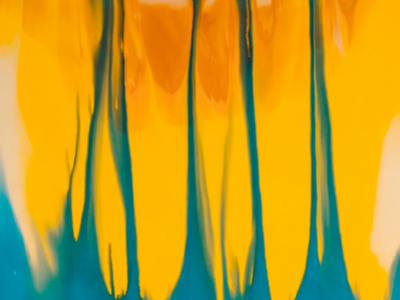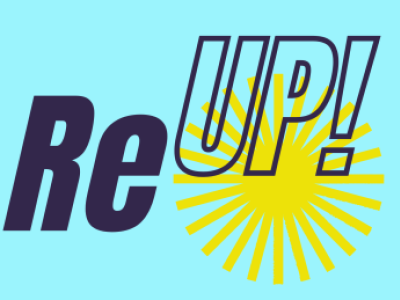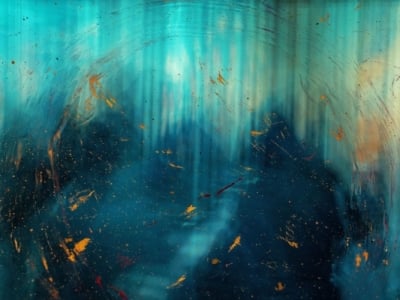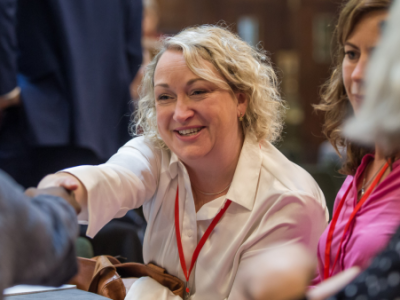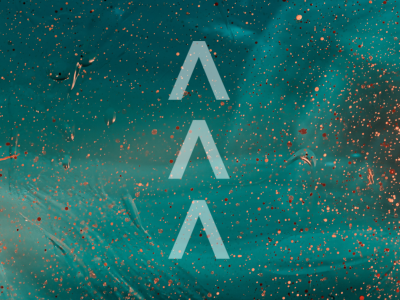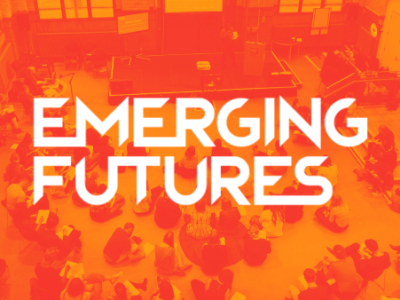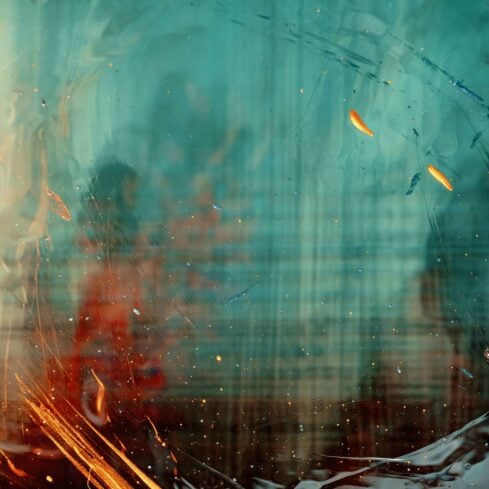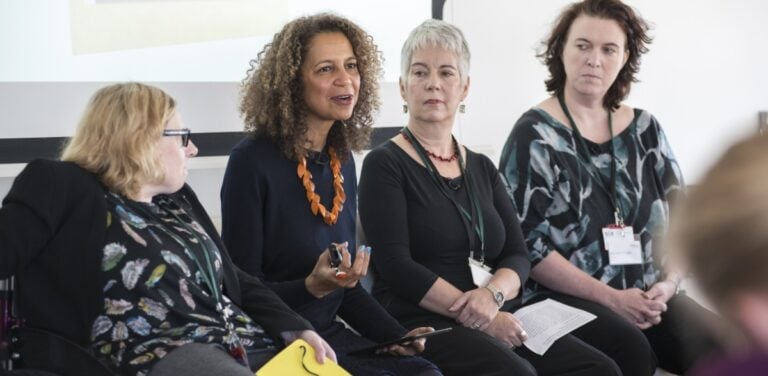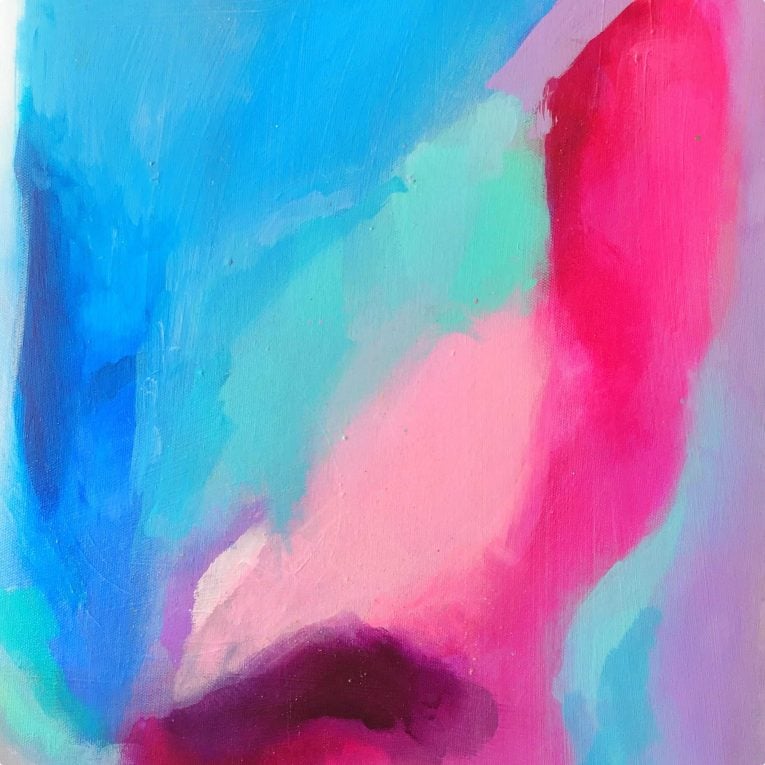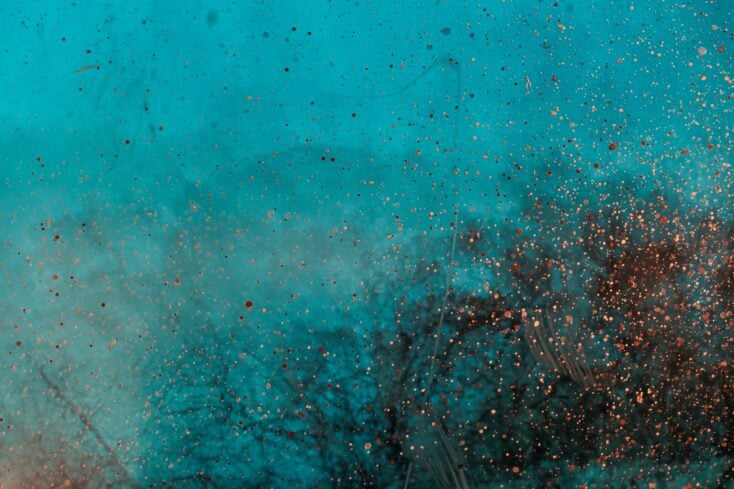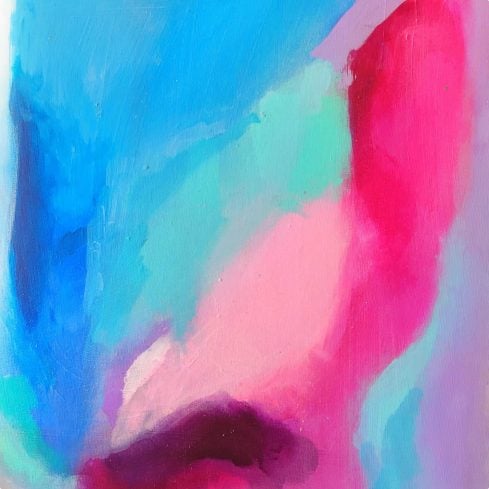Brilliance Map: Liz Chan, BESEA Women’s Project
The routes into leadership for Black, Asian and ethnically diverse leaders are diverse and unique. Subsequently so are the range of skills and perspectives. Often that specificity goes unmapped. This Brilliance Map series asks leaders across the country to map their routes and share their vision of our cultural futures.
Born in Bradford, London-based actress and writer Elizabeth Chan started her career with the National Youth Theatre. She has worked on stage and screen for the Almeida, the Traverse, Edinburgh, the BBC, Netflix, ITV and Channel 4, has been selected for the London Writers Awards 2021 for narrative non-fiction and is working on a memoir. She currently runs a pilot programme – the BESEA Women’s Project – to support British East and South East Asian theatre artists.
Where did your career start and what were the key turning points that impacted its development?
The most significant turning points have happened at tough periods in my life, when I have been forced to confront fears and think about what is meaningful to me.
Hitting rock bottom and feeling very isolated from others – even before Covid – brought me back to myself. This led to me writing my first Arts Council funding application, which was huge, not just because of the funding I received, but I was forced to be completely honest with myself about what kind of work inspires me and why.
At some point, I learned to trust myself more and stopped looking to other people for advice and opinions which really was me seeking permission and validation that I didn’t always get. Once I made this shift, other things started falling into place.
What extra knowledge or insights do you feel you bring to the table as a leader of colour?
It has taken me a long time to realise and accept how different my reality is as a person of colour. To be honest, I am still figuring this out – particularly as a British Chinese woman who has not had many cultural role models in life or in my profession.
As a child of immigrants, I will always feel like an outsider in my country of birth. There are many of us who lack this sense of belonging, for various reasons. I know what it’s like not to see others like myself represented so I will always look to support those who are being overlooked and marginalised.
I am also always open to new ideas and approaches and challenging how things have always been done because I know the old ways don’t work for a lot of people.
What two or three innate strengths do you find yourself most drawing on in your day- to-day work?
Honesty to self. The past year has been particularly valuable for looking inwards and asking questions about what I really want and value and the qualities I am looking for in the people I work with. When we are radically honest with ourselves, it can sometimes take us to vulnerable places and I think being comfortable with one’s own fears and vulnerabilities is also a huge strength.
An ability to practice self-compassion is key. If I beat myself up for everything I didn’t get right or for feeling scared, I wouldn’t get anything done. It really takes a lot for me to let go, forgive myself, and remind myself that I’m constantly growing and learning.
How would you define the culture you hope to create and how do you go about creating it?
My current project is a pilot programme for British East and South East Asian women artists and producers working in theatre. The work is person-centred, self-directed and requires participants to take responsibility for their own journeys. The culture is about creating nurturing and empowering spaces where individuals are supported through one-on-one mentoring and coaching. They also have agency and autonomy over their own growth by setting agendas for their sessions and putting forward areas of interest for group learning.
The culture I hope to create is one where individuals feel safe and supported to explore themselves as individuals as well as leaders and artists.
Are there other types of external resources that you draw on for your work?
I am greatly influenced by the healing spaces I am a part of, where deep listening and intentional speaking with an attitude of non-judgment are customary.
Yoga and breathwork have become essential tools to me. As a woman of colour, I don’t always feel safe in the spaces I inhabit. Finding ways to regulate my nervous system when it has become used to being in ‘fight or flight’ or freeze mode is essential to approaching work from a grounded place.
What do you hope culture in Britain will look and feel like in 20 years’ time?
Often, culture in this country gives a skewed image of what Britain is and represents. Yes, we want to be proud of our country, but we can still acknowledge its’ flaws. I hope there will be more humility, more people stepping aside to give platforms to artists and producers who have been marginalised in the past and who haven’t had opportunities to present or explore work without having to get past white gatekeepers first. I hope these artists can make the work they want to make without being tamed, and that culture will feel like an integral part of society, a vital part of education, and be widely accessible.
Themes Inclusive Leadership Practice Qualities of Leadership
